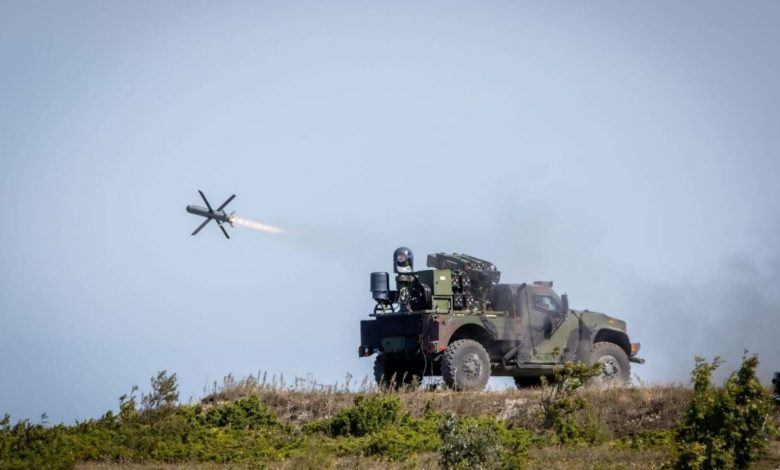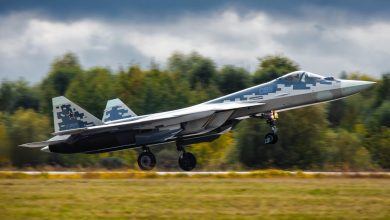Germany Signs $2.3B Deal for Israeli Spike Missiles Through NATO

Germany will purchase Israel’s Spike anti-tank missiles in a 2-billion euro ($2.3 billion) deal through the NATO Support and Procurement Agency.
The contract was signed with EuroSpike, a European joint venture based in Bavaria and led by Tel Aviv’s Rafael, with German companies Rheinmetall Electronics and Diehl Defence holding an 80 percent stake.
Alongside the missile supply, the agreement covers maintenance, training, technical support, system integration, and related documentation, according to Israeli media.
Growing Reliance on Israeli Technology
The Spike missile series, used by over 40 countries, is versatile and can be launched from the shoulder, vehicles, aircraft, and ships. It has an effective range of between 50 and 50,0000 meters (164 to 164,042 feet), depending on configuration.
Most of the weapon’s production occurs in Europe, allowing Rafael to avoid some restrictions on selling Israeli-made armaments.
“There is geopolitics that affects the ability to sell and the need for local solutions, when it has the advantage of not being known as an Israeli company,” Rafael EVP Tzvi Marmor told Globes.
A senior defense official echoed that view, telling the outlet that “Portraying the deals as German as part of Eurospike is a smart move by Rafael, which has resulted in Spike becoming NATO’s unofficial missile and the most sought-after missile in the world.”
“This is a model of how an Israeli company should operate, by joining forces with European players.”
Continued Purchases Amid Diplomatic Tensions
NATO documents show the Spike deal is one of the agency’s biggest recent contracts, reflecting Berlin’s increasing dependence on Israeli defense solutions, even as it faces international pressure over its military ties with Tel Aviv and political tensions over Israel’s Gaza policies.
In August, German Chancellor Friedrich Merz restricted German arms exports that could be used in Tel Aviv’s war with Gaza, but procurements of Israeli systems have continued, including three Heron drones purchased from Israel Aerospace Industries and Elbit Systems equipment for A400M aircraft and Precise & Universal Launching System (PULS) rocket launchers.
According to sources, the German Armed Forces spent 315 million euros ($365.4 million) on Israeli weapons in 2025 alone, more than in the previous four years combined.
These figures exclude the Spike deal, which was signed through a German company, or earlier major purchases such as Germany’s $3.5-billion acquisition of the Arrow 3 missile system in 2023.





